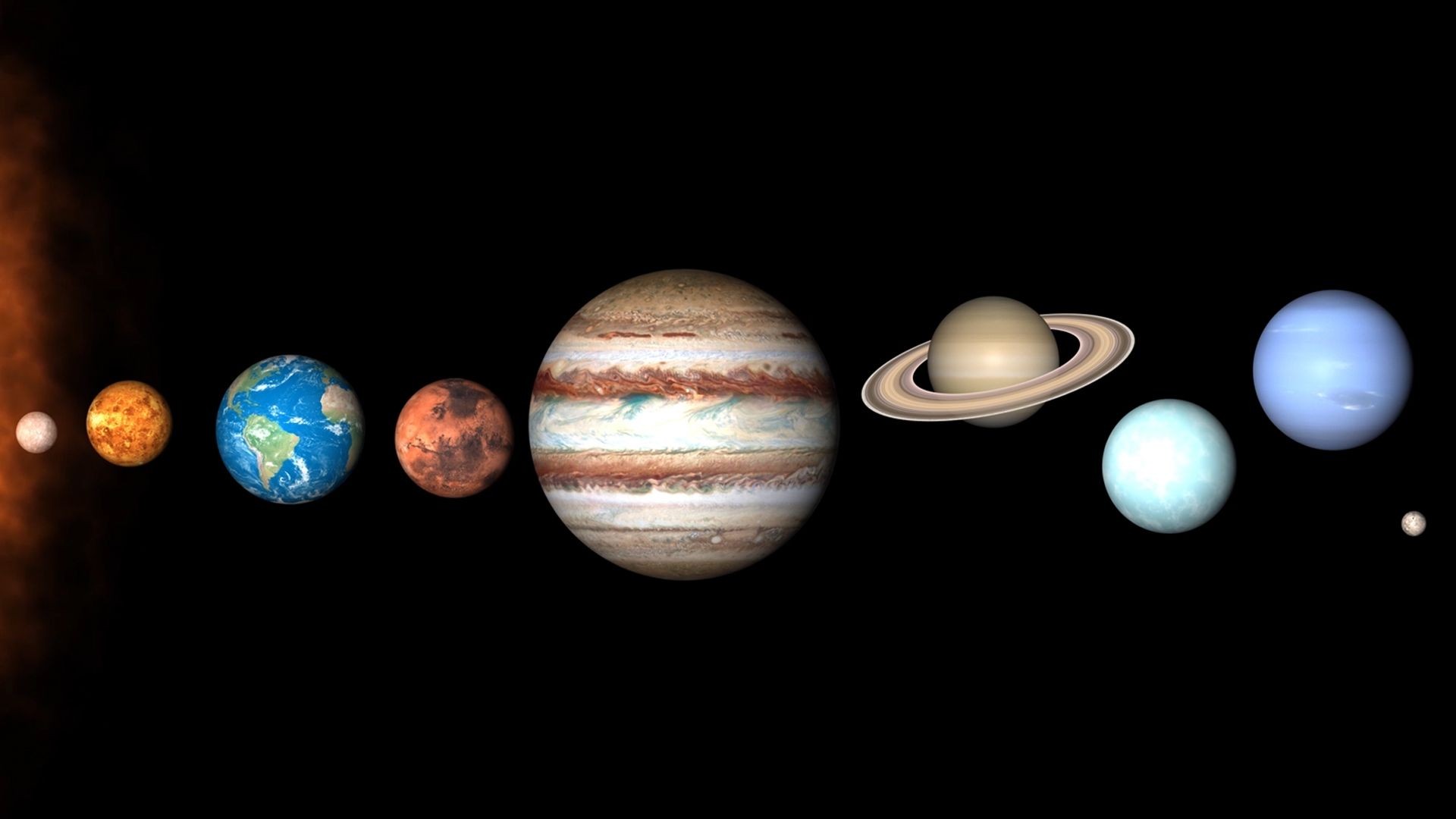The demotion of Pluto from a planet to a dwarf planet in 2006 by the International Astronomical Union (IAU) sparked global debate and, for many, a sense of astronomical injustice. For over 70 years, Pluto held its place as the ninth planet in our solar system. However, this long-standing cosmic order was disrupted, leaving many to wonder: Why is Pluto not a planet anymore? What prompted this controversial decision by the IAU?
The pivotal moment arrived at the 2006 IAU General Assembly, where a resolution was passed that redefined the very term “planet.” Before this, “planet” was a rather loosely applied term. The new definition brought much-needed precision, categorizing celestial bodies based on specific criteria. According to the IAU’s resolution, a planet must meet three conditions: it must orbit the Sun, it must be massive enough to be rounded by its own gravity, and crucially, it must have “cleared its neighborhood” of other objects.
Pluto comfortably meets the first two criteria. It dutifully orbits the Sun and possesses sufficient mass to achieve a nearly round shape. The sticking point, the reason for Pluto’s reclassification, lies in the third condition: clearing its neighborhood. This means that a planet must be gravitationally dominant in its orbit, either having absorbed or flung away smaller bodies in its orbital zone.
 Video still explaining why Pluto is no longer considered a planet, showing the dwarf planet Pluto.
Video still explaining why Pluto is no longer considered a planet, showing the dwarf planet Pluto.
Pluto resides in the Kuiper Belt, a region beyond Neptune populated by numerous icy bodies, including other dwarf planets like Eris and Makemake. Unlike the major planets that stand alone in their orbits, Pluto shares its orbital space with these and other Kuiper Belt objects. It has not gravitationally dominated its zone; instead, it is just one of the larger residents in a crowded neighborhood.
The decision to reclassify Pluto was not about diminishing its significance but about refining our understanding of the solar system and the objects within it. Prior to 2006, the definition of a planet was largely based on historical precedent and lacked a clear scientific basis. Technological advancements and discoveries in astronomy necessitated a more rigorous and precise classification system. While the demotion of Pluto may have felt like a break from tradition for some, it represents a step forward in our scientific understanding of the cosmos. It reflects the dynamic nature of science, where definitions evolve as our knowledge expands. Pluto remains a fascinating and important object of study, just now under the designation of “dwarf planet,” a category that acknowledges its unique characteristics within the solar system.
